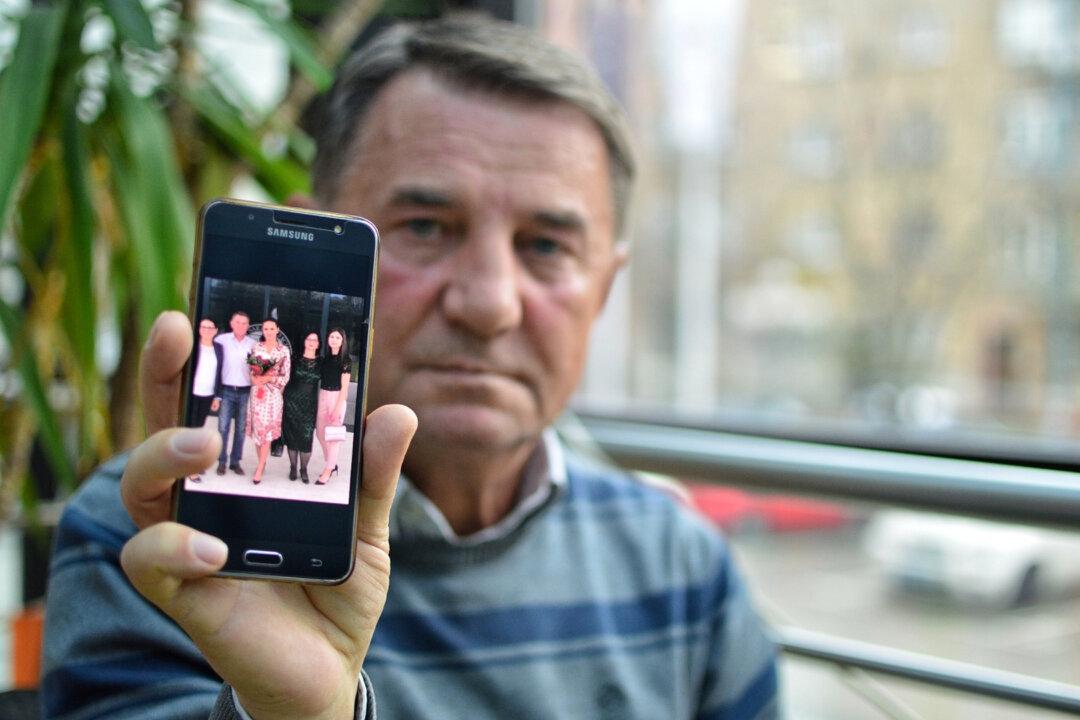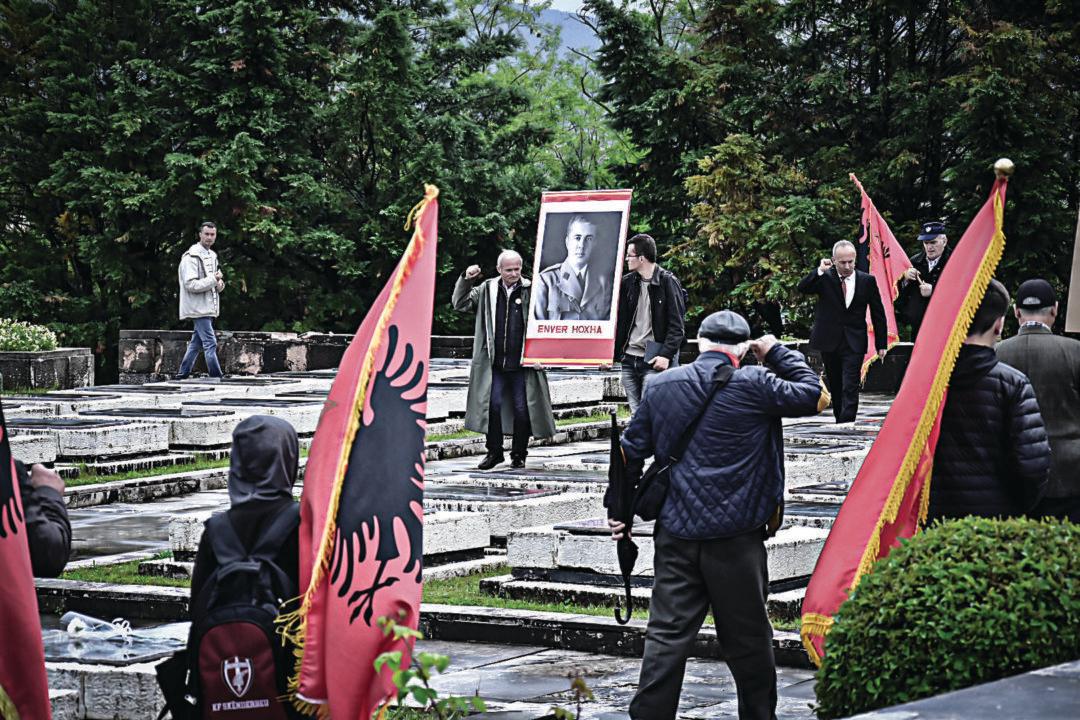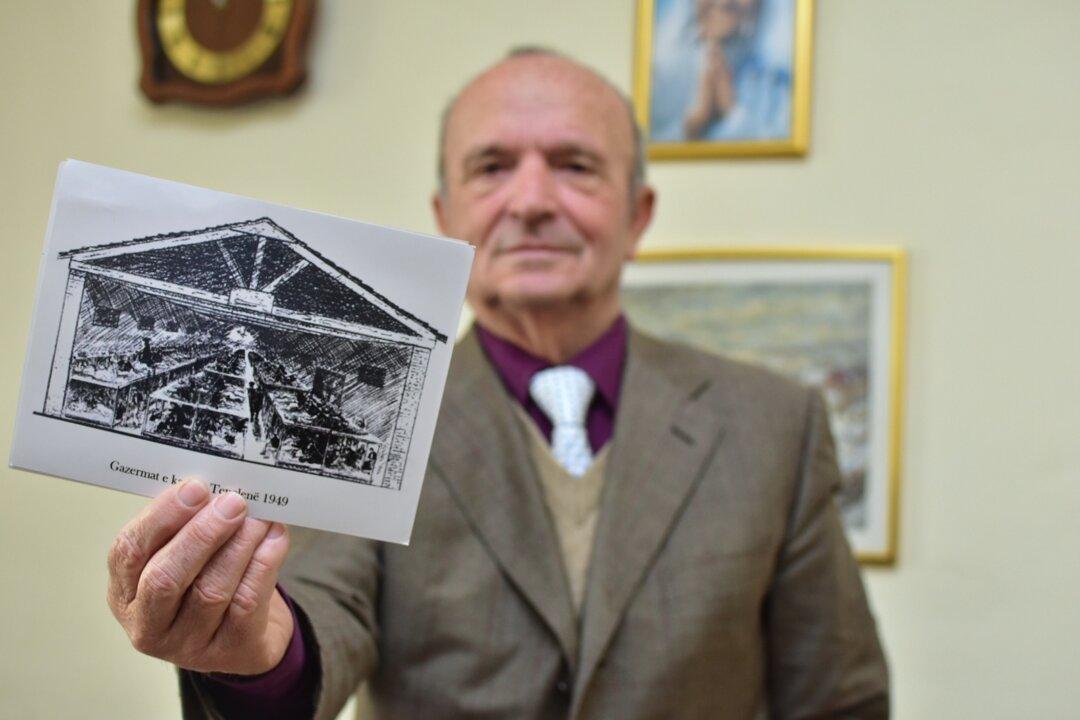SARAJEVO, Bosnia and Herzegovina—Twenty-three years ago on Dec. 14, a U.S.-brokered peace deal that ended the Bosnian War was signed in Paris. The so-called Dayton Agreement, reached in 1995, ended almost four years of bloody ethnic conflict following the breakup of Yugoslavia that left more than 100,000 dead.
The deal was celebrated not only for stopping the killings, but also for the hope it gave for a prosperous and democratic future in a multi-ethnic country.


